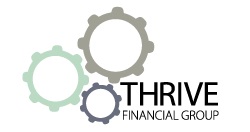3 easy ways to manage your money this festive season
Christmas is a time for giving and it’s so easy to get caught up in the joys of the festive season and lose track of how much you are spending. Fortunately, there are a few tried and true strategies to manage your money to see you through the silly season into the New Year and … Read more









